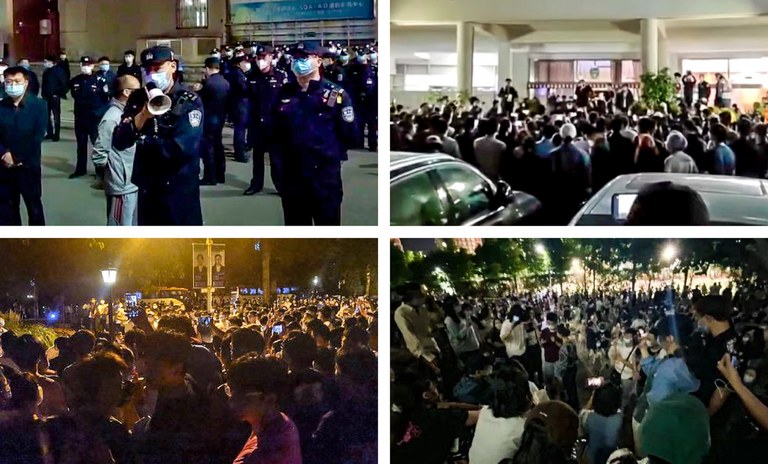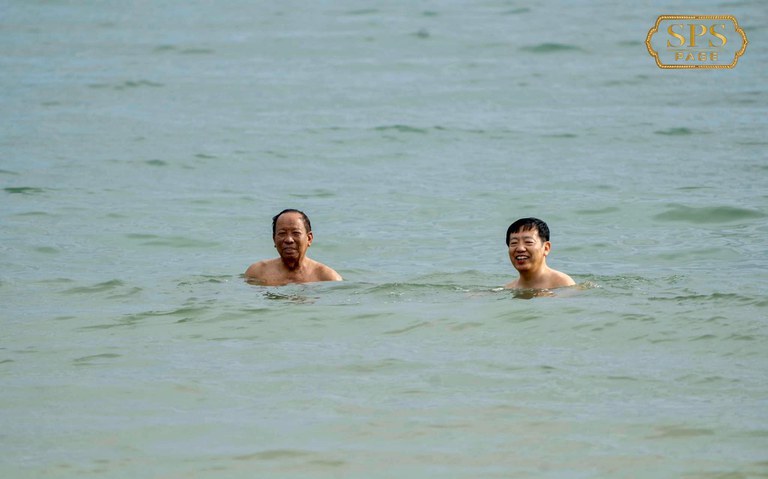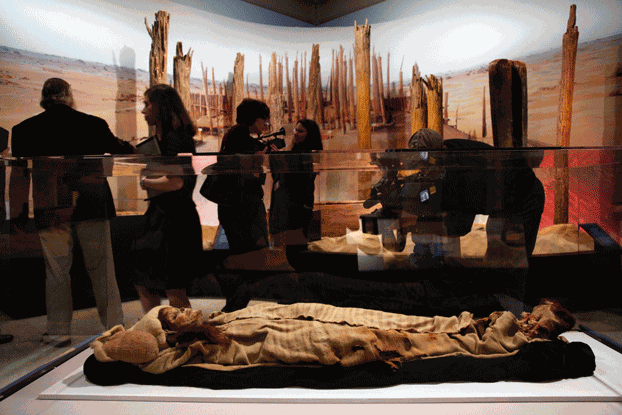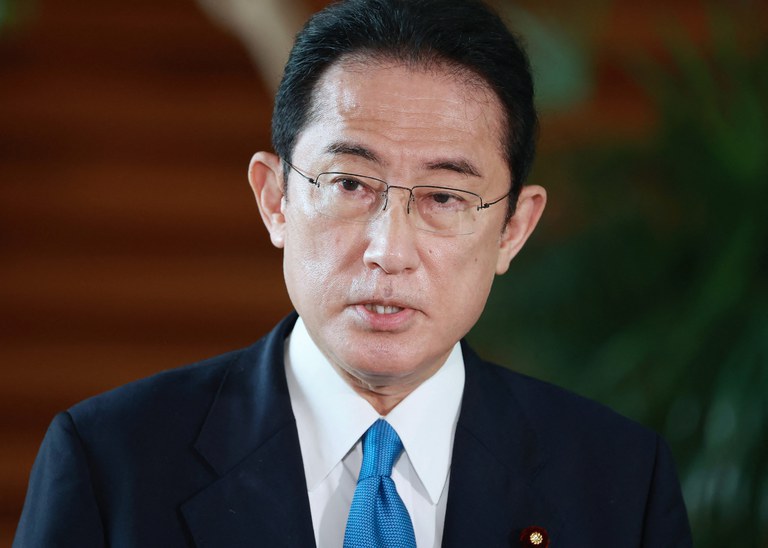
Could China’s zero-COVID policy spur a mass protest movement?
As the ruling Chinese Communist Party (CCP) continues with large-scale and long-term lockdowns on major cities, mass incarceration in quarantine camps and on university and college campuses, coupled with blanket digital surveillance and control over people’s movements, some signs of mass discontent have begun to emerge. Shanghai entrepreneurs called in a May 30 open letter for the release of all political prisoners and for the CCP to begin a process of political reform at the 20th Party Congress later in the year, warning of mass capital flight and a widespread loss of public confidence in Xi Jinping’s leadership. The letter also called on the government to overturn the guilty verdicts against entrepreneurs Ren Zhiqiang and Sun Dawu, as well as punishing officials responsible for “violating the law and disregarding public opinion” as part of the zero-COVID policy and loosening CCP controls on the media. Public anger at the policy was glimpsed during the Shanghai lockdown, as residents clattered pots and pans from the relative safety of high-rise balconies, sang protest songs composed for the occasion, or yelled anonymous protests into the night air. A Shanghai resident who gave only the nickname Ceausescu said the lockdown had likely forced a lot of people to think about politics. “Most people were locked up at home, and they couldn’t even buy food for a while at first, so they had to think about it three times a day,” he said. “Normally, people from Shanghai, people in the middle classes, wouldn’t have to think about such things … they would definitely have felt that their rights had been violated.” The deprivation of personal freedom, loss of control over economic activity, and no guarantee even of basic subsistence would have caused many people to start thinking more about politics, even those who were previously uninterested in the topic, Ceausescu said. “I think if young people are unable to go about their lives in peace, they will definitely stand up,” he said. Some have wondered whether the feisty attitudes of sophisticated Shanghainese with their keenly developed sense of middle-class entitlement translate readily to other parts of the country. Protests involving hundreds of students have sprung up at university campuses in Beijing and Tianjin following months of draconian COVID-19 restrictions imposed on higher education institutions. The scenes at Tianjin University, Beijing International Studies University and Beijing Normal University were eerily reminiscent of the early stages of the 1989 student movement, which later took over Beijing’s Tiananmen Square for weeks on end with demands for democratic reforms and the rule of law. Similar protests had sprung up at the Wuhan University of Science and Technology and Sichuan University in March. But, possibly due to the proximity of the sensitive June 4 anniversary of the Tiananmen massacre that ended the nationwide pro-democracy movement, the authorities appear to have largely given the students what they wanted: the right to take online classes at home, and to return to campus only to sit exams. University protests, clockwise from top left: Beijing International Studies University, May 8, 2022; Peking University, May 14-15; Beijing Normal University, May 24; and Tianjin University, May 26. RFA collage. Xi taking China backwards A Shanghai resident born in the year of the Tiananmen Square protest movement, who gave only the pseudonym Li Bing, said the students had clearly decided to take their fate into their own hands. “I think they chose to protest on campus because it had become very clear to them that you have to fight for your rights; that nobody is going to just hand them to you,” Li told RFA. But he said he wasn’t sure if he would join a similar protest, despite the privations of lockdown in Shanghai’s Pudong district. “Of course I want to resist, but when the call came, I am pretty sure [I wouldn’t].” Li is no stranger to public dissent. He once reposted a list of the victims of the Tiananmen massacre issued by the Tiananmen Mothers victims group. The move brought him a slew of threatening phone calls from local officials, imprinting the shadow of fear firmly on his mind. A Henan resident who graduated from college just a year ago, and who gave the pseudonym Zhou Xiao, had no hesitation, however. He expects some form of mass popular uprising against the CCP in the next few years, largely spurred by zero-COVID and the government’s program of forced vaccinations. “Vaccines have been administered on a large scale in the past two years,” Zhou said. “Anyone who reported side effects had their posts deleted and their accounts blocked.” “Nobody really knows what side-effects there could be from the vaccine … I was forced into getting vaccinated because of my work,” he said. According to Zhou, the CCP under Xi had already been going backwards in terms of freedom of expression even before the pandemic emerged in Wuhan in 2020. “I’m totally disappointed,” he said. “Most obviously, the suppression of speech is getting worse.” Zhou expects public anger to translate into action at some point in the next few years. “The big one is coming, and I feel that this regime will face huge problems within the next 10 years, due to various factors causing a chain reaction,” he said, citing the economic hardship caused by the government’s response to the pandemic. People stand in line at a COVID-19 testing site in Beijing on June 9, 2022. Thousands of testing booths have popped up on sidewalks across Beijing and other Chinese cities in the latest twist to the country’s “zero-COVID” strategy. Credit: AP Indifference Wang Juntao, U.S.-based chairman of the China Democracy Party (CDP), which is banned in China, said now is the likely time for protests to emerge, however. “From my experience of the student movements of the 1980s, they were all sparked by particular real-life problems,” Wang said. “They started slowly, in dribs and drabs.” “It was hard at first, but then the students started to see their own strength, and it got easier and easier as more students joined them,”…







